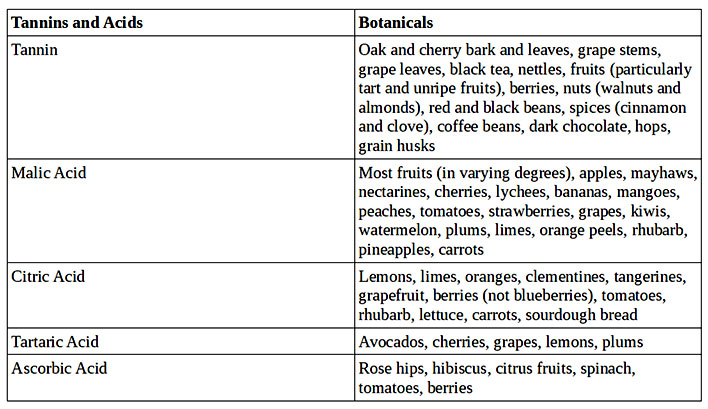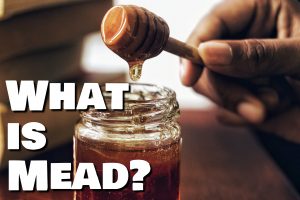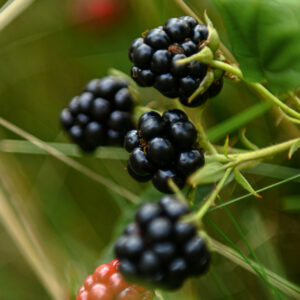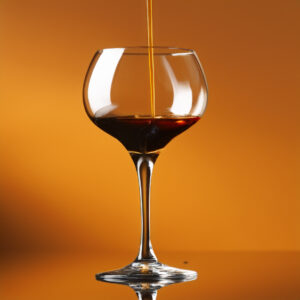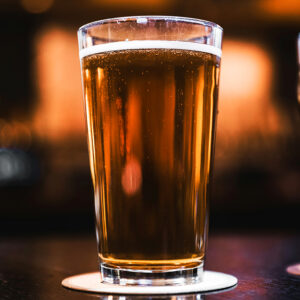Balance and Mouth Feel
Both Tannins and Acids aid greatly to the overall flavor profile of a brew. They add the “sharp” notes or “angles” to the over all “round” flavor of brews. It is important to keep all things in balance. With this in mind, if your brew is high in tannins then it would be a good idea to keep the acidity relatively low so as not to overpower the rounds or base flavor of the brew. The reverse is also true. If you have high acidity then you will want lower tannin. Both Tannins and Acids aid in preserving brews as well, so the benefits of using these elements are multiple.
Tannins
Tannins give the sensation of drying the mouth and are often described as bitter and astringent. They are often attributed to adding “body” to a beverage. They tend to be more pronounced in younger brews that often soften with age.
Acids
Acidity of a brew is referenced by a fresh, tart and sour taste. Acids aid in color and balance and affect the yeast’s growth during fermentation as well as protect the finished brew from bacteria.
Tartaric Acid maintains the chemical stability of wine and it’s color. It easily binds with lees and other debris, thus clearing agents can further strip tartaric acid from your brew. Cold crashing is often implemented to limit the harmless crystallization that may occur from an excess of tartaric acid.
Malic Acid is found in nearly every fruit and berry but is most often associated with unripe apples. Grapes have a higher concentration of malic acid when young. If the grapes are harvested too late in the season, particularly in hot climates, the amount of malic acid is greatly reduced.
Malolactic Fermentation is the process where bacteria convert malic acid to lactic acid. This creates a higher pH (less acidic) brew and changes the mouth feel.
Citric Acid has an aggressive citric flavor and if used, is added after primary fermentation is done. This is due to yeast’s tendency to convert citric acid to acetic acid which gives a strong sour taste of vinegar.
Ascorbic acid (vitamin C) acts as a preservative and is used to reduce the risk of oxidation in your bottled beer or wine. Oxidation can leave off aromas and off taste in beer and wine. Ascorbic Acid is an organic acid with antioxidant properties.
